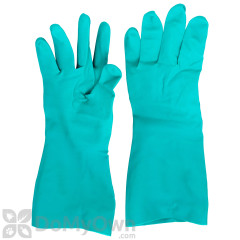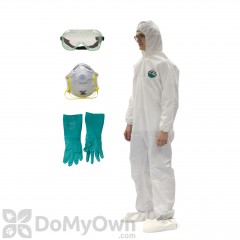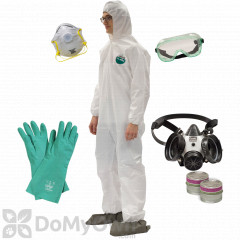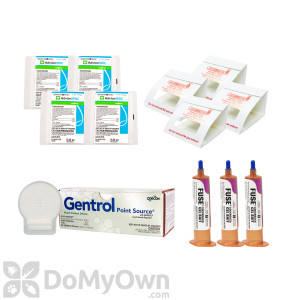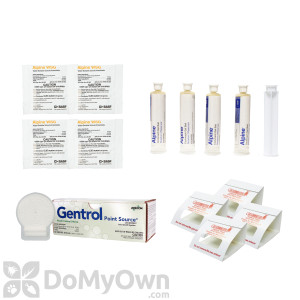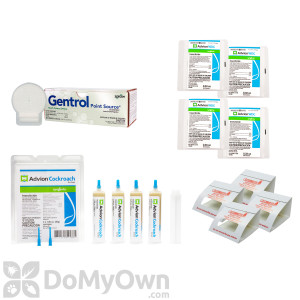Physical Appearance
- The Oriental Cockroach is shiny black or very dark brown in color
- Adult females grow to be about 1.25 inches long, while adult males rarely exceed length of 1 inch
- The Oriental Cockroach does have wings, but cannot fly
Behavior & Habitat
- During the warmer seasons, the Oriental Cockroach prefers to be outdoors. This pest migrates indoors only when the temperatures inside are warmer than those outside-usually in the winter.
- Oriental Cockroaches prefer to make homes in places associated with both moisture and decaying organic matter, including beneath leaves, in and around garbage dumps, in crawl spaces, sewers, drains, and other damp, dark places.
- Nymph and adult Orientals prefer to be at or below ground level, and are rarely found on walls, in high cupboards, or on the upper levels of buildings.
Feeding Habits
- Oriental Cockroaches prefers starchy food and any kind of filth, rubbish, or decayed organic matter in compost or mulch piles.
- Oriental Cockroaches can live for a whole month without food if water is available; without water, the roach will die within 2 weeks.
Reproduction & Life Cycle
- Egg capsule are attached to protected surfaces near a food supply.
- Adult female Oriental Cockroaches produce about 8 egg capsules, containing 16 eggs each which will hatch within 60 days
- Oriental cockroaches have a seasonal developmental cycle, with the highest number of adults usually appearing in late spring and early summer, with nymphs predominating in late summer and early fall.
- Nymphs that have not reached maturity by late fall or early winter, will usually not reach adulthood until the following spring.
Basic Control Methods
- Remove food and water sources for roaches by practicing good sanitation, vacuuming daily, keeping foodstuffs in tightly sealed containers, and removing standing water wherever possible
- Limit roach harborages by caulking cracks and crevices, repairing torn screens, and sealing holes around pipes and other fixtures with copper mesh
- Monitor roach populations and pinpoint "hot spots" with sticky glue traps in suspected high-travel zones
- Use a Boric Acid or Delta Dust in wall voids, behind outlets, under baseboards, and all other cracks and crevices where roaches hide.
- For indoor control, use Maxforce Gel Roach Bait in infested areas. Do not spray or use other pesticides in the same area where bait is being used.
For more detailed information on Oriental Cockroach prevention and control, see How To Get Rid of Oriental Cockroaches.
Review more Roach Control Products
